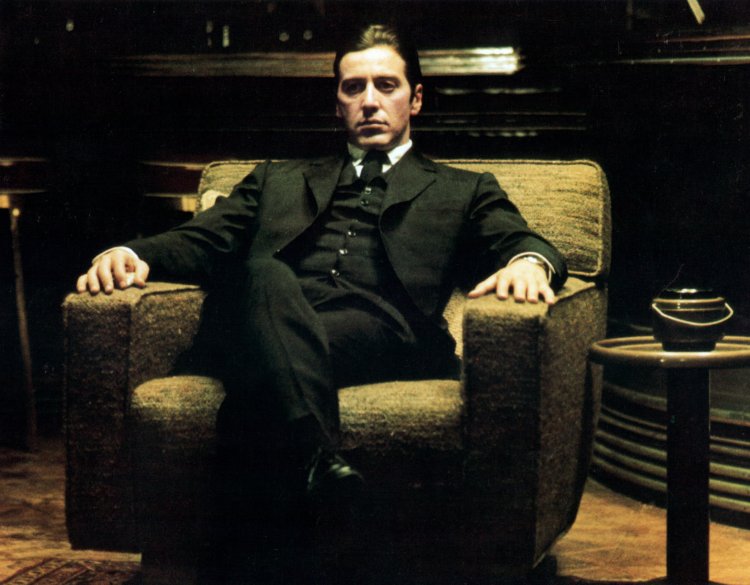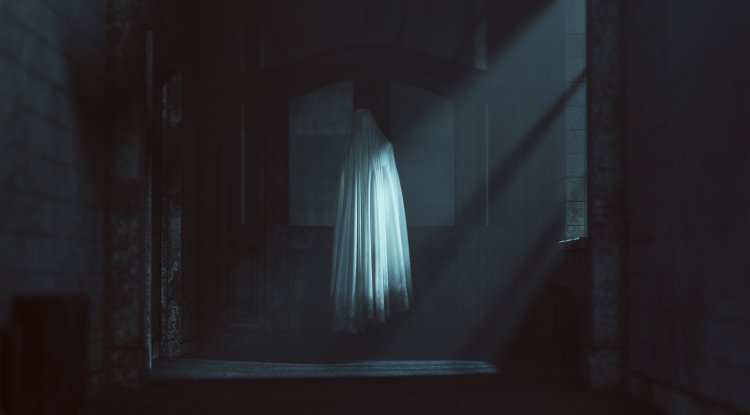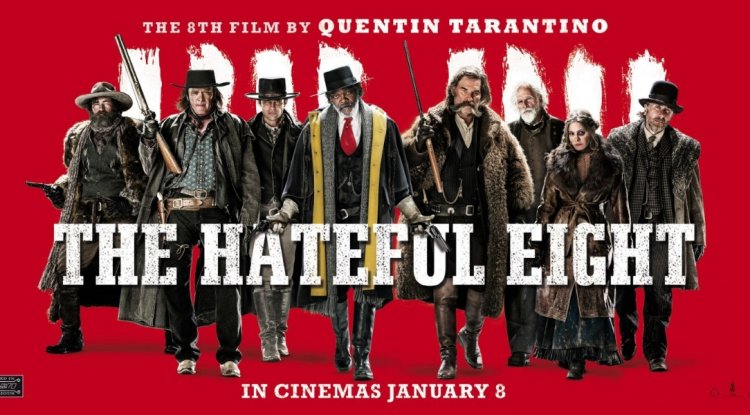'The Godfather: Part II' (1974)
"The Godfather: Part II," directed by Francis Ford Coppola and released in 1974, is a cinematic masterpiece and the sequel to the critically acclaimed film "The Godfather" (1972). With its epic storytelling, powerful performances, and profound exploration of power and corruption, the film stands as one of the greatest achievements in American cinema. Building upon the legacy of its predecessor, "The Godfather: Part II" delves deeper into the complex world of the Corleone crime family, juxtaposing the rise of a young Vito Corleone with the struggles of his son, Michael Corleone.

Parallel Storylines: Vito and Michael Corleone
"The Godfather: Part II" intertwines two narrative threads, showcasing the parallel lives of Vito Corleone, portrayed by Robert De Niro, and Michael Corleone, played by Al Pacino. The film delves into Vito's early years as an immigrant in New York City, chronicling his transformation into a powerful mafia boss. Simultaneously, it follows Michael's reign as the head of the Corleone family, exploring his moral descent and the challenges he faces in maintaining control.
Acting Powerhouses: De Niro and Pacino
Robert De Niro delivers a tour de force performance as the young Vito Corleone, capturing the nuances of the character with remarkable precision. His portrayal of Vito echoes Marlon Brando's iconic interpretation from the first film, showcasing the character's complexity, charisma, and unwavering determination. Al Pacino once again embodies Michael Corleone, imbuing the character with a haunting intensity as he grapples with the weight of his actions and the erosion of his humanity.
Expansion of the Corleone Universe
"The Godfather: Part II" expands the rich world established in the first film, delving deeper into the intricate workings of the Corleone family and the mafia underworld. The film introduces new characters and explores the alliances, betrayals, and power struggles within the criminal empire. It presents a complex web of relationships and showcases the far-reaching consequences of the Corleones' actions, offering a deeper understanding of the moral ambiguity and the price of power.
Cinematic Brilliance: Direction and Cinematography
Francis Ford Coppola's direction in "The Godfather: Part II" is masterful, demonstrating his keen ability to balance intimate character moments with grand operatic storytelling. The film seamlessly weaves together the past and present, juxtaposing Vito's rise to power with Michael's descent into darkness. Coppola's attention to detail, combined with Gordon Willis' exquisite cinematography, creates a visually stunning experience, capturing the moody atmosphere and the grandeur of the settings.
Themes of Power, Corruption, and Legacy
"The Godfather: Part II" delves deep into themes of power, corruption, and the legacy of one's actions. The film explores the moral compromises made in the pursuit of power and the erosion of personal values. It examines the complexities of loyalty and betrayal, highlighting the destructive nature of greed and the cyclical nature of violence. The narrative serves as a cautionary tale, reflecting on the corrupting influence of power and the inevitable consequences that follow.
Cultural Impact and Legacy
"The Godfather: Part II" has left an indelible mark on the landscape of cinema. It is widely regarded as one of the greatest sequels ever made and has been celebrated for its storytelling, performances, and thematic depth. The film won six Academy Awards, including Best Picture, and has solidified its place in cinematic history. Its influence can be seen in subsequent films and TV series that explore similar themes of power, family, and the human condition.
Also Check Britney isn't ready to return to the music
Conclusion
"The Godfather: Part II" is a monumental achievement in filmmaking, building upon the legacy of its predecessor and expanding the narrative universe of the Corleone family. With its compelling storytelling, powerhouse performances, and exploration of power and corruption, the film captivates audiences and leaves a lasting impact. Francis Ford Coppola's masterful direction, combined with the exceptional performances of De Niro and Pacino, creates a cinematic experience that is both emotionally resonant and intellectually profound. "The Godfather: Part II" stands as a testament to the power of storytelling and its ability to examine the complexities of human nature.




























